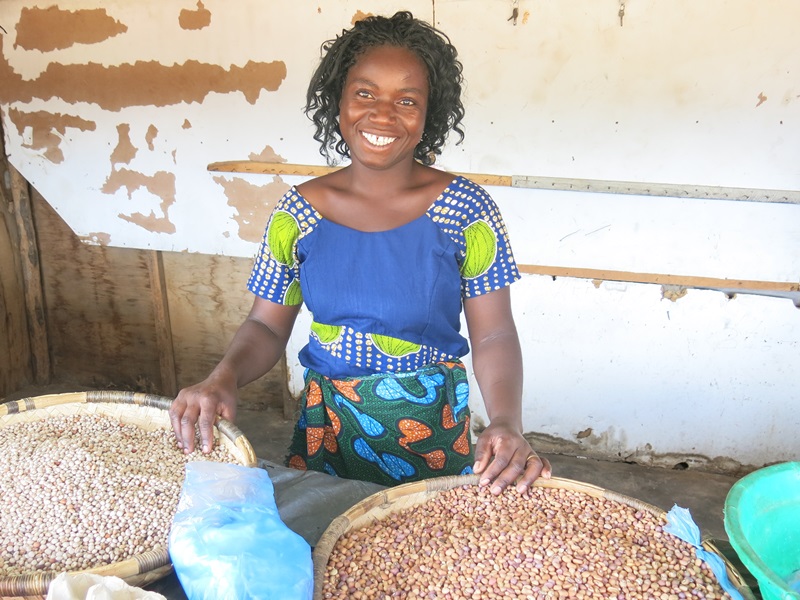Women have significantly less access to credit compared to men, despite research proving that women tend to be more responsible borrowers, diligent savers, and competent managers.

Despite decades of steady progress in reaching the unbanked, however, women still lag men in access to financial services. Deeply rooted social inequality push women into less profitable businesses while limiting their access to more efficient banking technology.
Despite overall progress in access to finance, the gender gap hasn’t changed much since 2014. According to the 2017 Findex Report the average man is still nine percent more likely to have a bank account than the average woman. That amounts to a gap of roughly 200 million people.
FINCA Impact Finance subsidiaries are demonstrating that serving women can be a sound business strategy based on high-quality loans, lower costs and opportunities for sustainable growth. Recent innovations in products and service-delivery are building on our legacy of women-centered finance in Latin America, while extracting lessons and insights from new approaches in markets like Kosovo and Jordan. Small loan sizes, relaxed collateral requirements and attractive pricing are especially important for female borrowers.
Spotlight: Diversity, Inclusion and Belonging
FINCA Impact Finance launched a diversity, inclusion and belonging (DIB) network-wide strategy in 2018, outlining 5 key pillars of focus. These pillars emphasize an inclusive workplace, equal representation, equal opportunity, equal pay and increased outreach to women through specially-designed products and services. Using the DIB strategy as a guide, we continue to do our part to reduce the gender gap in financial inclusion by reaching out to the millions of women in underserved communities around the world for whom traditional financial services remain out of reach and providing them with responsible and impactful financial products.